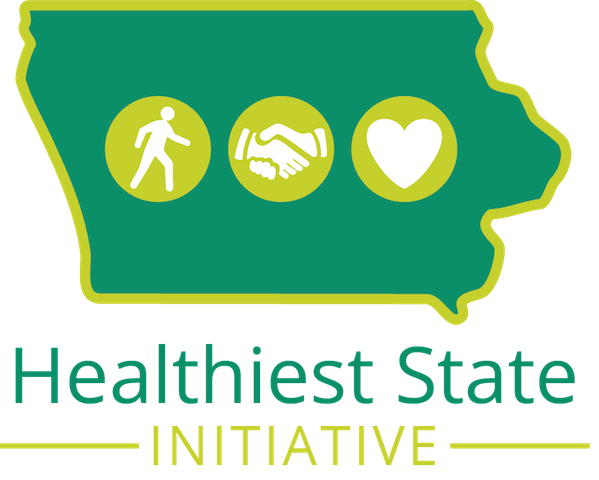Ann’s Story
Ann Flood might’ve sought help for her mental health earlier if it wasn’t for the stigma. It might have helped her finish college earlier and avoid bouts of depression and extreme anxiety.
But in the back of her mind, there was always shame associated with speaking up.
“I think we all need to talk about stigma,” Flood said. “Because if we don’t talk about it, it becomes oppressive — like it did for me.”
Flood says she remembers not being able to focus, even as a child. Instead of listening in class, Flood found herself staring at the clock, waiting for school to end. Her outlet was sports, where she could channel her high energy levels into something productive.
The problem persisted throughout her early adult years. Flood said there was even a running joke among friends and family that she could never finish things.
“There shouldn’t be any shame about dealing with mental illness.”
Flood attended college but dropped out because it was hard to stay focused and succeed. She started a career and had the first of her four children in 1990 at the age of 26. In addition to her problems focusing, Flood also began struggling with postpartum depression, which worsened after each child.
“It felt very out of control,” Flood said. “I did bounce back, but it took me about six months. I was just soldiering through this really dark place. And I think I could’ve been a much better mother had I been more open and not felt so much shame asking for help.”
By the mid-2000s, Flood had enough. She saw a doctor and was diagnosed with Attention Deficit Hyperactivity Disorder (ADHD). She was never officially diagnosed for her postpartum depression.
Flood started taking medicine, reconfigured her support system, and things drastically improved. She returned to college to finish up her degree. She obtained a master’s degree in mental health counseling and now works as an independent business consultant in Des Moines.
“[Medication] allowed me to calm down and focus for hours,” Flood said. “I was able to synthesize thoughts and put things together in ways that I never had before. It made me angry to think of all the years wasted without accessing that part of my mind because I just couldn’t focus. I was just so happy.”
Now 57, Flood finds life much more fulfilling. She attributes it to mindfulness, her medication and a willingness to speak out about her previous struggles.
“Don’t judge yourself by what’s popping into our heads and what our emotions are,” Flood said. “There shouldn’t be any shame about dealing with mental illness. I wish I had known that earlier, but I wanted to think everything was perfect and everything was fine.”



